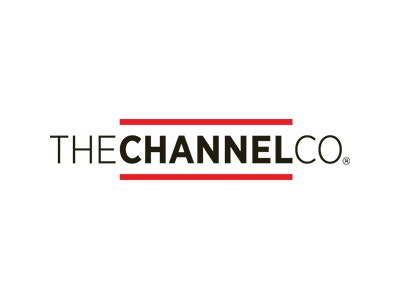Convention Venues Welcome Guests Through IoT
Mobile check-in is the tip of the iceberg in terms of what IoT technology can offer hotel guests. Through the use of beacons, hotels and convention centers can notify visitors of convention updates, provide tourist information, and offer promotions as they walk on site.

Image credit: Inpixon
By Susan Biagi
In-person conferences are coming back, and hotels and convention centers are stepping up their amenities to woo organizers and attendees. Conference-goers can expect less social distancing and more face-to-face networking opportunities as they return to pre-pandemic-like business events and conventions.
Hotel-specific mobile apps that enable contactless guest check-in and room access are increasingly popular. What can be more difficult is navigating through a large conference venue. Hotels are turning to beacons to enable wayfinding and to communicate with conference attendees. Proximity-based messaging allows a hotel, event organizer, or retailer to send guests within a limited zone notifications on their smartphone.
Wayfinding Via Phone
Strategically placed transmitters, or beacons, enable uninterrupted communication with visitors. Beacons use RF, Bluetooth, or Wi-Fi to communicate with other devices in the vicinity. More accurate than GPS in smaller environments, beacons can provide directions to visitors within the venue, steering them toward specific conference rooms, hotel rooms, booths on the tradeshow floor, or restrooms.
Inpixon’s real-time location system (RTLS) uses IoT tags, anchor receivers, and software. Inpixon sensors use Wi-Fi, Bluetooth, BLE, cellular, or ultra-wideband radio signals to communicate with the fixed anchors. The system combines location data, analytics, and indoor maps. Guests with a mobile device can receive turn-by-turn directions and promotional messages within the venue.
Beacons aren’t limited to in-venue wayfinding. They also enable proximity-based messaging. These messages can be conference reminders: “The keynote speech begins in five minutes in the Grand Ballroom.” Messages can also notify attendees of room changes, trade show floor activities, and drink specials at the hotel bar.
Direct and Personal Messaging
Inpixon’s solution uses guest telemetric data to trigger specific messages. Users can also share their location with other conference attendees. If desired, hotel guests can link their phone to a wearable device, which would allow them to keep tabs on children traveling with them.
The Inpixon solution allows venues to create personalized maps, routing service staff away from conference attendees, for example. Personalization could also allow customers to select a specific hotel room, much like an airline passenger can choose a seat on a plane.
Spectrio, an Intel® Gold Partner, offers a customer engagement solution for hotels and retailers. Spectrio Connect sends messages to onsite guests once they login to use free Wi-Fi service. It can notify visitors of new services, amenities, and facility hours.
The Spectrio Connect can tie into the company’s other customer engagement platforms for digital signage, self-serve kiosks, on-premises messaging, and scent-based marketing. Spectrio offers digital signage content management and curated content as well. Clients connect a Spectrio device to an HDMI-enabled display, and they can choose and schedule content through the cloud-based solution.

Image credit: Spectrio
Mutual Benefits
Offering proximity-based services is a two-way street. Visitors get up-to-the minute information about conference schedules, locations, reminders, and even discounts. In return, the RTLS can record, analyze, and store data that provide insights into guest behavior. It can track and monitor foot traffic and dwell time, so venues know how visitors move throughout the space. Heat maps indicate where people spend the most time, what they miss, and where staff is needed.
Conference venues reap benefits from offering these services. Hotels gain loyalty, which increases profitability, and they can share visitor insights with conference organizers.
- Find out more about Inpixon.
- Learn more about Spectrio.
- Learn more about the Spectrio solution in the Intel® IoT Solutions Marketplace.